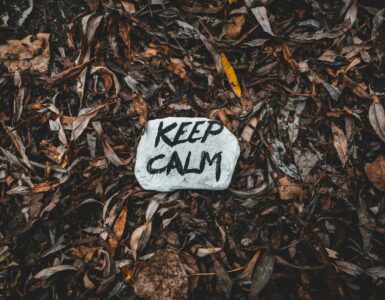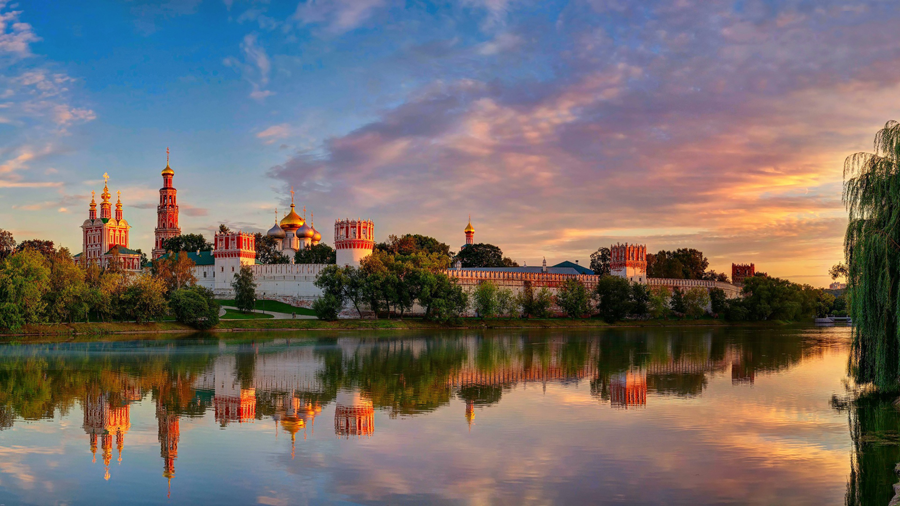There seems to be a common theme around the world where there are a few people that are wealthier than everyone else or are able to effectively make more money. These few not only make the most money, but they also are able to control a percentage of the earth’s wealth.
A study conducted by Oxfam has found that the combined wealth of the 62 richest people in the world is equivalent to the total wealth of 3.6 billion people.
Many countries seem to have income inequality, but there are some places where there isn’t a large gap between the wealthy and low-income earners. Only 22 per cent of Japan’s total fortunes are controlled by millionaires, making it the most equal country in terms of income, in the world.
This is because in Japan only has 30 billionaires, which is a small number compared to United States, China, India, Russia and United Kingdom. Only 30 of the billionaires are worth more than $10 billion and the wealthiest individuals in the country, have a net asset of only $16 billion, which is a lot lower than the top ten wealthy people worldwide.

It was discovered by New World Wealth (examines wealth distribution of many major countries around the world) that in Japan, residents with net assets of Dh3.6 million or more, have a combined fortune of less than the global average of 35 per cent.
In order for a country to have equal wealth distribution, millionaires control over a country’s wealth should be less than 30 per cent. Anything over 40 per cent will indicate that there is a very small room for a meaningful middle class.

Germany, small portion of their total wealth is owned by millionaires
In New Zealand, the millionaires own 26 per cent of the total wealth, making it the second-most equal country in the world. The third-most equal country in the world is Norway, with millionaires’ fortunes accounting for 27 per cent of the country’s wealth.
In countries such as Australia, Canada, Germany and Sweden, only a small portion of their total wealth is owned by millionaires, which is around 28 per cent. This means that the gap between the rich and poor is not a huge concern for these countries.

Coming in at fifth as the most equal country, with 29 per cent of wealth being controlled by millionaires are Denmark, South Korea and Finland.
The Organization for Economic Cooperation and Development (OECD) has been studying the gap between the rich and the low-income earners in order let people know that a country with high inequality will end up dragging down the growth of the economy and damage opportunities. It is said to be a defining challenge for economies worldwide by a research paper published by the International Monetary Fund (IMF). The damage of short term and long term growth is due to the large influence that the wealthy have with a combination of the stationary incomes of the poor and middle class group of the particular country.
Russia is the most unequal country as 62 per cent of the total wealth is owned by the millionaires.
In Saudi Arabia, 58 per cent of the total wealth is controlled by the affluent, making it the second more unequal country in the world.
These two countries are followed by India with 54 per cent of total fortune owned by millionaires.
Most equal countries in the world (based on % of country’s wealth held by millionaires):
- Japan (22%)
- New Zealand (26%)
- Norway (27%)
- Australia, Canada, Germany, Sweden (28%)
- Denmark, Finland, South Korea (29%)
Most unequal countries in the world (based on % of country’s wealth held by millionaires):
- Russia (62%)
- Saudi Arabia (58%)
- Nigeria (56%)
- Brazil (55%)
- Turkey (55%)



